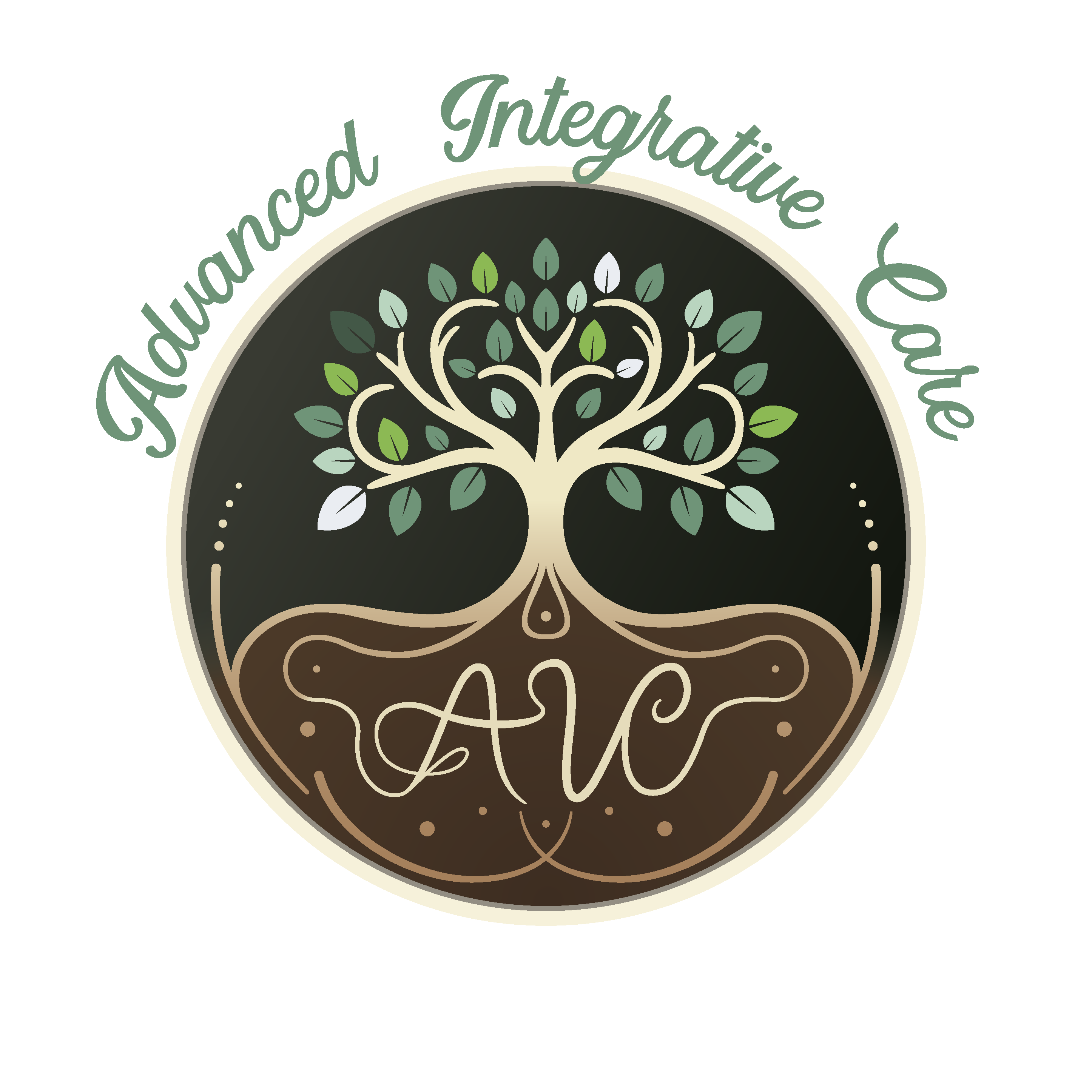Alcohol abuse can often creep into a person’s life without much notice at first. It starts small, maybe with a drink in the evening to relax or to forget about the stress of the day. Over time, though, these habits can grow into something more concerning, impacting not just one’s health, but also relationships, work, and overall well-being. Acknowledging the signs that suggest alcohol abuse treatments might be necessary is a big step toward reclaiming balance in life.
Understanding these signs can make a real difference. It’s not just about recognizing a problem but also about taking the right actions to address it. This article will walk through some key signs that might indicate the need for professional help.
Sign 1: Increasing Tolerance Levels
Ever notice yourself reaching for just one more drink to feel that familiar buzz? This could be your body adapting to frequent alcohol intake, a condition called tolerance. It’s your body’s way of demanding more to get the same effects.
– You need more drinks to feel relaxed.
– You find everyday amounts ineffective.
– You consume larger quantities over time.
These are signs worth inspecting, as they suggest a growing dependency on alcohol. When tolerance builds up, it’s a warning that alcohol is beginning to gain control, altering your body’s natural responses.
Sign 2: Neglecting Responsibilities
It’s alarming how alcohol can take precedence over responsibilities. People often begin to overlook important duties once alcohol becomes a regular fixture in life.
Imagine someone who’s skilled and dedicated, suddenly missing deadlines or forgetting important tasks. This could be due to late nights filled with drinking or an inability to focus during the day due to hangovers. Family feels the pinch too—missed outings, forgotten commitments, or simply not being present can create strain and worry at home.
Tracking patterns where alcohol consumption is prioritized over duties at work, school, or home is essential. Once these areas start to slip, it might be time to consider seeking help. Recognizing this change is crucial, as it signals that one’s relationship with alcohol is interfering with daily life responsibilities.
Sign 3: Experiencing Withdrawal Symptoms
Withdrawal symptoms can often be one of the clearest indicators that alcohol has taken a significant hold on someone’s life. These symptoms appear when alcohol isn’t consumed, and they can be quite uncomfortable or even distressing. Knowing what withdrawal looks like can help identify the seriousness of the situation.
Common withdrawal symptoms include:
– Anxiety that seems to come out of nowhere.
– Shaking or tremors, especially in the morning.
– Nausea or even vomiting when alcohol isn’t consumed.
If these symptoms are familiar, it points to the body relying on alcohol to function normally. It’s as if it’s sounding an alarm that something’s off and needs addressing. Facing these withdrawal symptoms shows a deep-seated dependency that benefits from professional intervention.
Sign 4: Continuing to Drink Despite Problems
When alcohol use causes real-life issues, yet drinking continues, it’s a major red flag. Drinking doesn’t exist in a vacuum; it often impacts different facets of life, producing ripples of trouble that can’t be ignored.
Consider the challenges that might crop up:
– Legal issues, like DUIs or other infractions.
– Relationship strain, pulling partners, family, or friends apart.
– Problems at work, such as decreased performance or frequent absences.
Persisting with alcohol use despite these hurdles generally means it’s time to seek help. It’s important to recognize when alcohol is at the core of these issues, and addressing the habit can pave the way for resolving them.
Sign 5: Unsuccessful Attempts to Quit
Trying to stop drinking but failing repeatedly is a significant concern. It indicates that the individual is likely wrestling with more than just a habit—they’re dealing with a genuine dependence. Whether they’ve tried to quit cold turkey or gradually, the inability to stick to these attempts underscores the need for outside assistance.
Seeking out treatment for alcohol abuse can offer structured support and guidance. It provides tools and strategies to quit effectively, aiming to bring about lasting change. Professional support can make a considerable difference in moving past this hurdle.
Finding Support for Alcohol Abuse Treatments in Clarence, NY
It’s crucial to acknowledge the need for help when any of these signs are present. Clarence, NY, offers resources for those looking to address alcohol dependency thoughtfully. Knowing that community support is available can encourage individuals to take that brave step toward recovery.
There are avenues in Clarence where individuals can receive customized care to aid their journey. Reaching out for help demonstrates strength and opens up possibilities for a brighter future where alcohol no longer dictates life.
Taking the Next Steps Toward Recovery
Recognizing these signs and accepting the truth about alcohol’s role in one’s life is a powerful move. It’s the first step in regaining control. With the appropriate treatments and support, it’s possible to carve a path toward a healthier, more balanced life.
Seeking professional help should be seen as a stepping stone to recovery. Embracing this support can foster positive change and guide someone toward a future free from the grips of alcohol dependency. The choice to seek help today sets the stage for a healthier tomorrow.
Taking action today can pave the way for a healthier tomorrow. If you or someone you know recognizes these signs and is ready to make a change, explore how alcohol abuse treatments can offer the necessary support and guidance. Advanced Integrative Care in Clarence, NY, provides a comprehensive approach to help you regain control and work towards a balanced, fulfilling life.
